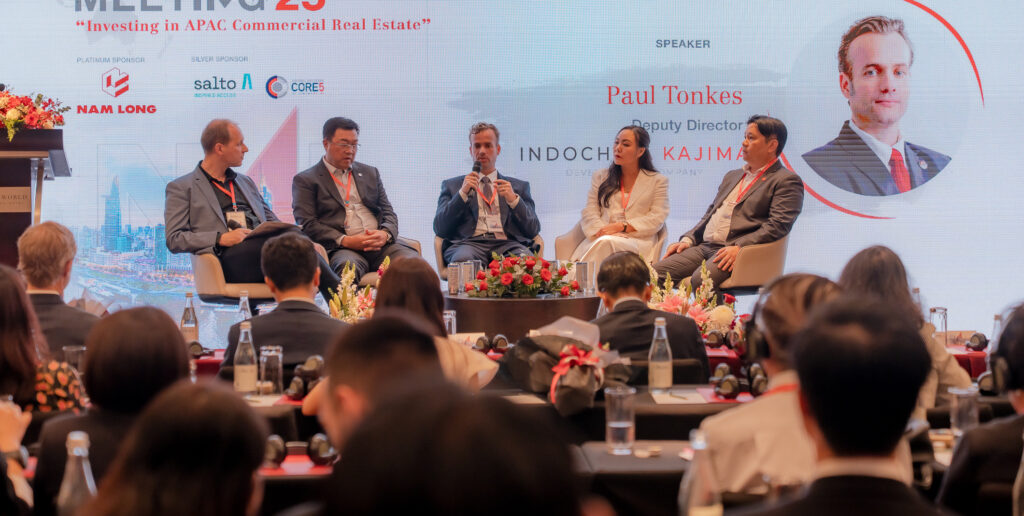Limited Transport Infrastructure – The Greatest Challenge for Vietnam’s Real Estate Market.
Limited transport infrastructure remains as the main obstacle to the real estate sector’s progress. This was the central affirmation made by experts and business leaders at the NAI Asian Pacific Regional Meeting 2025, hosted by NAI Vietnam in Ho Chi Minh City on May 22.
Infrastructure – The Bottleneck of Real Estate Development
Vietnam’s real estate market has been expanding rapidly, especially in satellite cities surrounding Ho Chi Minh City such as Long An and Dong Nai. Developers have been pushing forward integrated township models, combining residential, commercial, and community spaces.
However, as Lucas Ignatius Loh Jen Yuh, CEO of Nam Long Group, emphasized, these developments are constrained by weak infrastructure. Even short distances, such as a 50 km commute to central Ho Chi Minh City, can take 3–4 hours daily. This inefficiency not only affects residents’ quality of life but also limits the attractiveness of new townships.
Industrial Real Estate and the Connectivity Challenge
Beyond housing, infrastructure is also a critical factor for the growth of industrial real estate. Paul Tonkes, Deputy General Director of Indochina Kajima, highlighted that many provinces classified as “Tier 2 markets” for industrial development still struggle with poor connectivity. Without significant upgrades, these bottlenecks will undermine Vietnam’s competitiveness in attracting foreign investment into industrial parks and logistics facilities.
Turning Limitations into Opportunities
While infrastructure is currently the greatest challenge, it also presents the biggest opportunity. Public-private partnerships (PPPs), investments in expressways, metro systems, and regional logistics corridors can radically reshape Vietnam’s real estate landscape.
As Vietnam continues to urbanize and attract foreign capital, solving the infrastructure bottleneck will be key to enabling the next phase of growth in both residential and industrial real estate.
Looking Ahead: Stronger Infrastructure, Sustainable Real Estate
The insights shared at the NAI Asian Pacific Regional Meeting 2025 reaffirm a critical point: without stronger infrastructure, Vietnam’s real estate sector will remain constrained. Developers and policymakers alike need to prioritize transport connectivity to unlock long-term value for communities, businesses, and investors.





